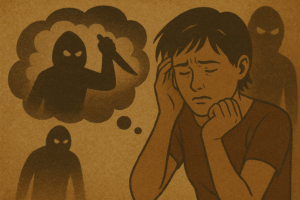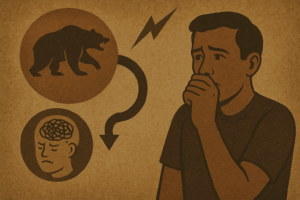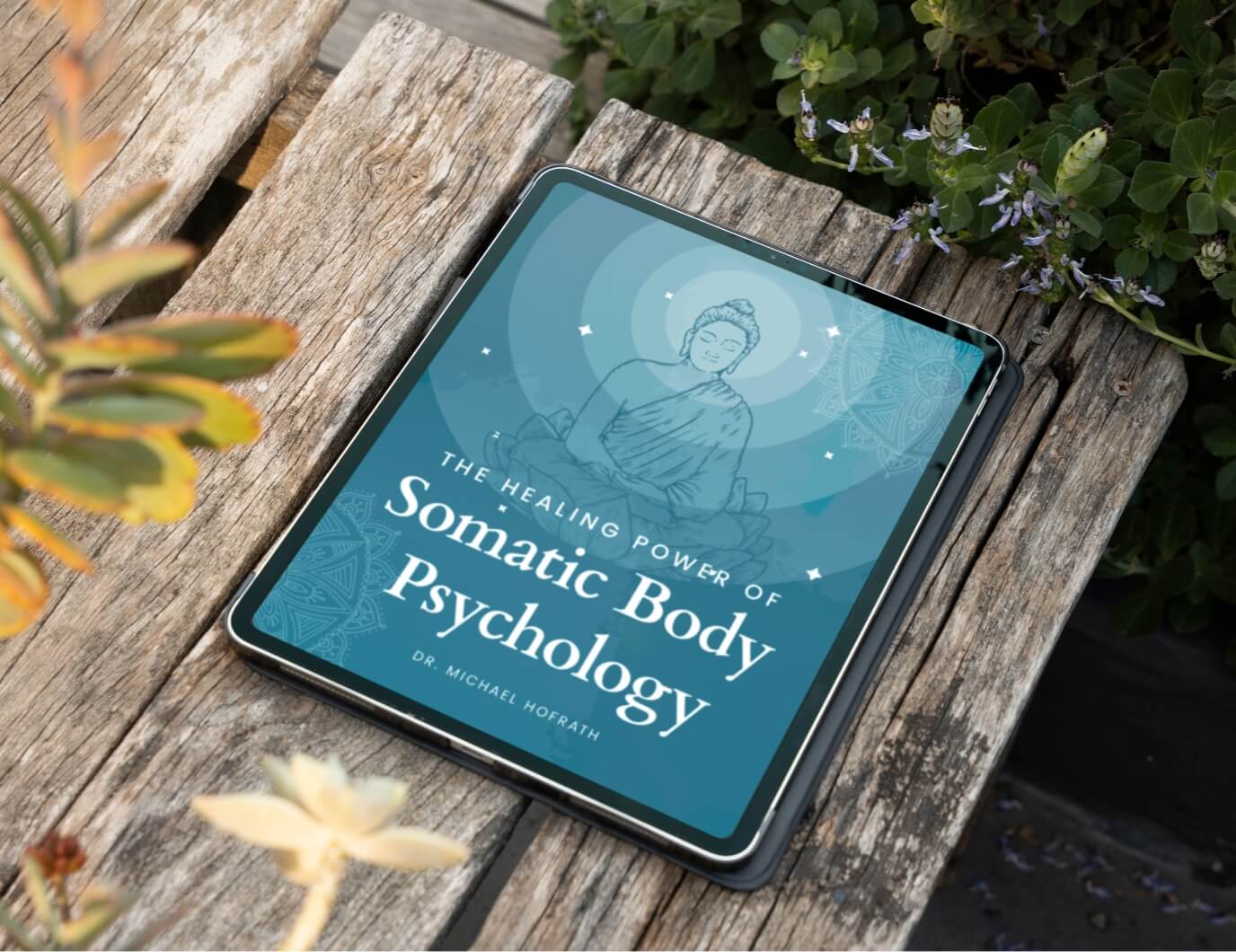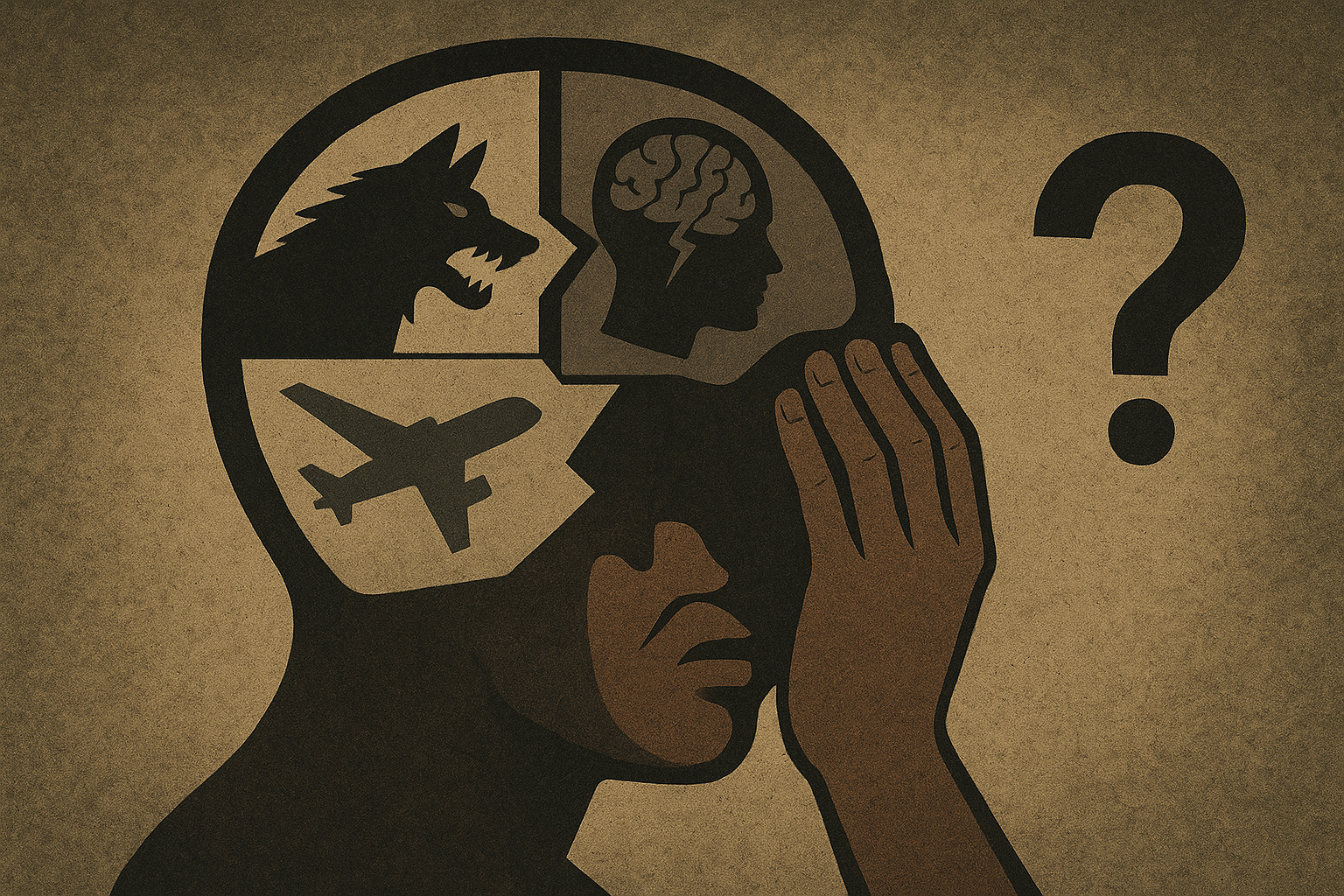
Fear-based Thinking: Part I
Fear-based thinking is what happens to our mind and brain when we are repeatedly exposed to experiences or messages that activate triggers which are unresolved psychic wounds. Fear-based thinking moves us into flight or flight, limits our decision-making ability, our creativity and our ability to manage overwhelm. Fear stops us from asking ourselves important questions.
Questions are key to understanding. There can be no freedom or progress without questions. Good questions start with curiosity and wonder. When we live in fear we cease being curious and tend to dwell on past experiences and/ or future concerns or danger. We tend to vacillate, react or overreact to external pressures, and worry about what might go wrong. We stop trusting our intuition and instincts and operate from a place of fear-based thinking.
Fear Locks us in Constriction or Withdrawal
Fear-based thinking locks us up, make us feel stuck or lost. We don’t listen or seek to understand when we are in the grips of fear-based thinking. We don’t consider history, context or implications of our actions. We don’t even stop to think about whether the action we are taking makes good sense. Instead, we are driven to act through impulse, without thinking things through, without fully grasping the complexity of an issue or stopping to consider all the options available to us. Often we catastrophisize the worst-case scenario to protect ourselves out of fear.
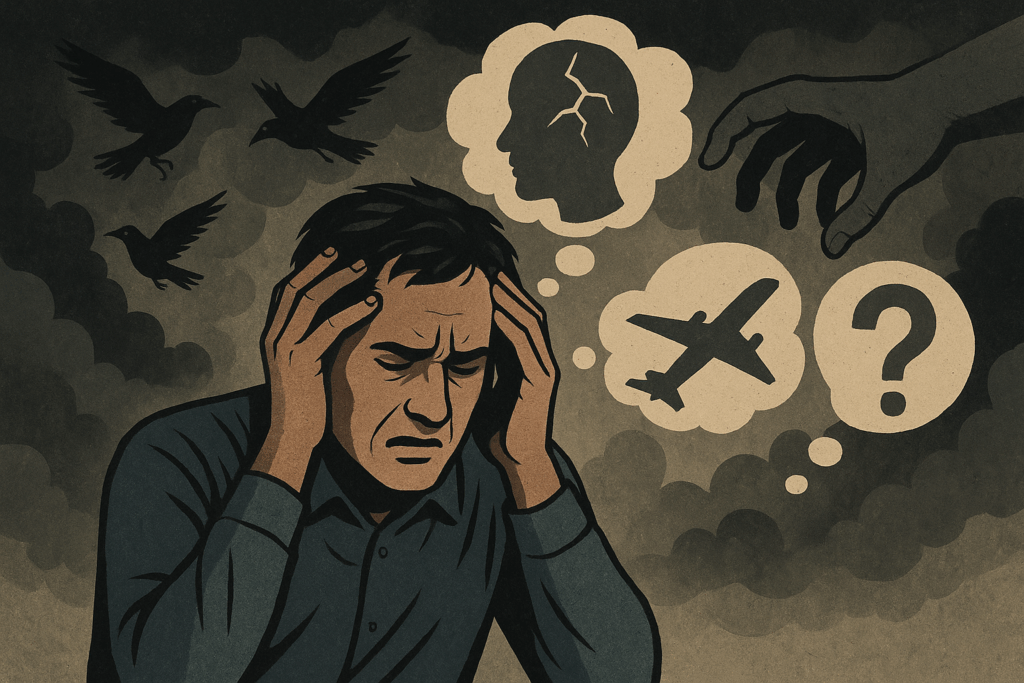
What is Fear-Based Thinking?
Fear-based thinking is how our mind works when we’re in a state of fear. It is also a mental program that persists long after the immediate threat has passed. Fear narrows our focus, restricts learning, blocks compassion and creativity, and makes us more self-centered, impatient, and judgmental. Fear makes us vulnerable to manipulation and interferes with problem solving while leading us to form rigid, black and white conclusions that are emotionally based opinions that are immune to input and logic.
Fear puts body and mind into crisis mode and prepares us for flight, fight or freeze. Everything that is not essential for survival shuts down so all our energy can be used to deal with what we perceive as an immediate threat. Crisis mode is like being chased by a bear. We don’t stop and think about where we’re going. We don’t pay attention to what we might be stepping on or in. We don’t pause to assess the best course of action. We just want to get the hell out of there.
We don’t reach out or try to understand other people when we’re in crisis mode. We don’t listen or learn. There is no time for creativity or new ways of seeing a different approach. We just react like a puppet on a string. Our mind is pulled to simple, quick solutions, and what may have appeared to work before, even when that is the worst possible action we could have taken. Often we utilize conflict avoidance tactics, which prevents us from learning from our experiences so we can address challenges more appropriately without as much internal strife.
Fear-based thinking develops and deepens when we receive repeated messages that stimulate fear. Since fear requires all our attention, it is a useful tool for the media, political parties and the entertainment industry. It is easy to manipulate the public and voters when fear prevents us from taking the time to understand the real issues, the truth, question assumptions, or look beyond the talking points and spin. When we are in the grip of fear-based thinking we tend to look for strong leaders to keep us safe, but we do so without questioning whether they have our best interests at heart.
Fear-based thinking leads us to process information through a black or white lens and often to blame others. Everything is either right or wrong, good or evil, my fault or their fault. There is no grey, in-between, or compromise. We reject and make all people wrong who do not think or act like us, are perceived as different than us, or who disagree with us in some way. From a political perspective invoking fear in the masses creates dependable voting patterns but also leads to a break-down in truth, integrity, communication and compromise.

